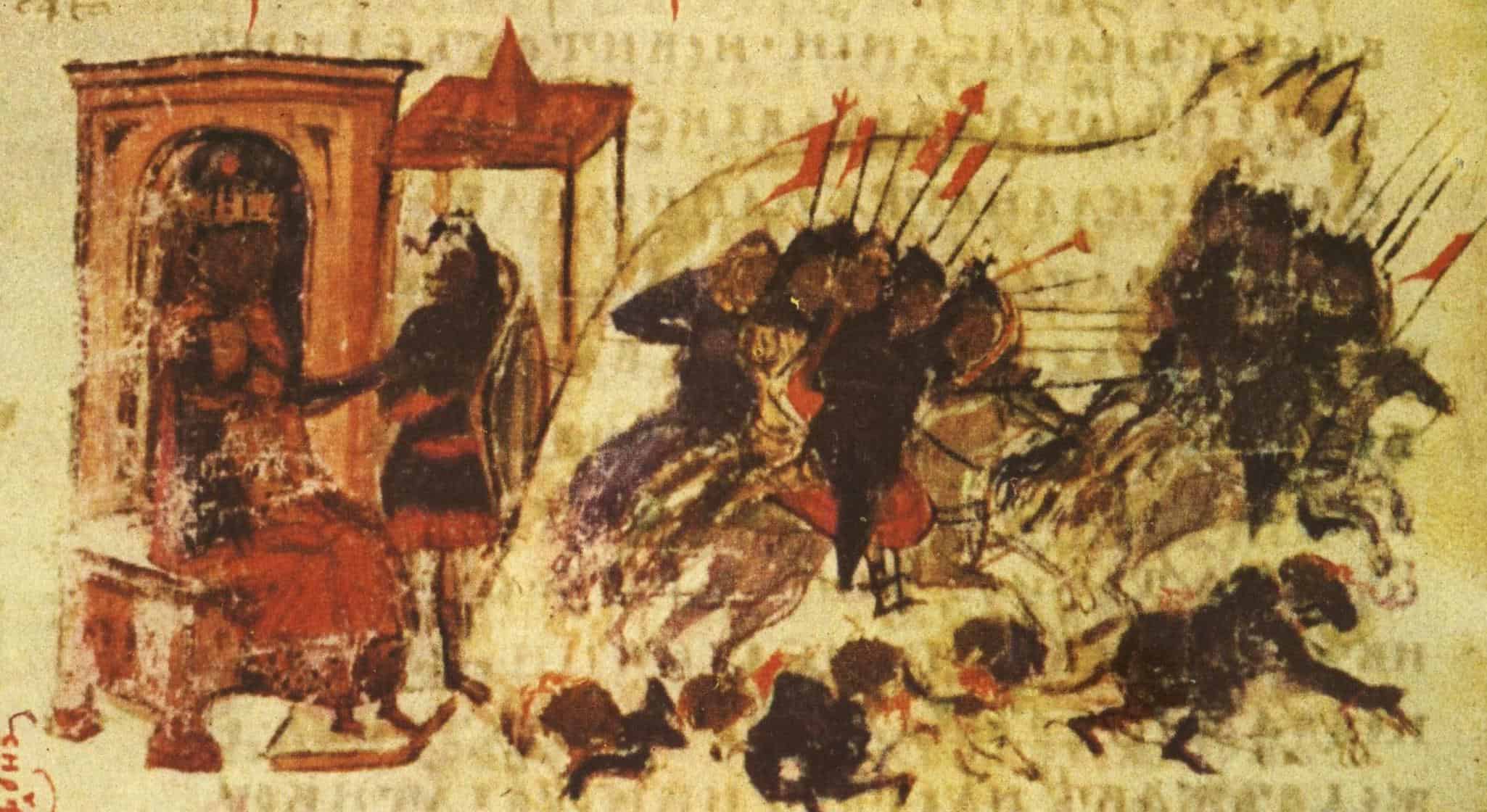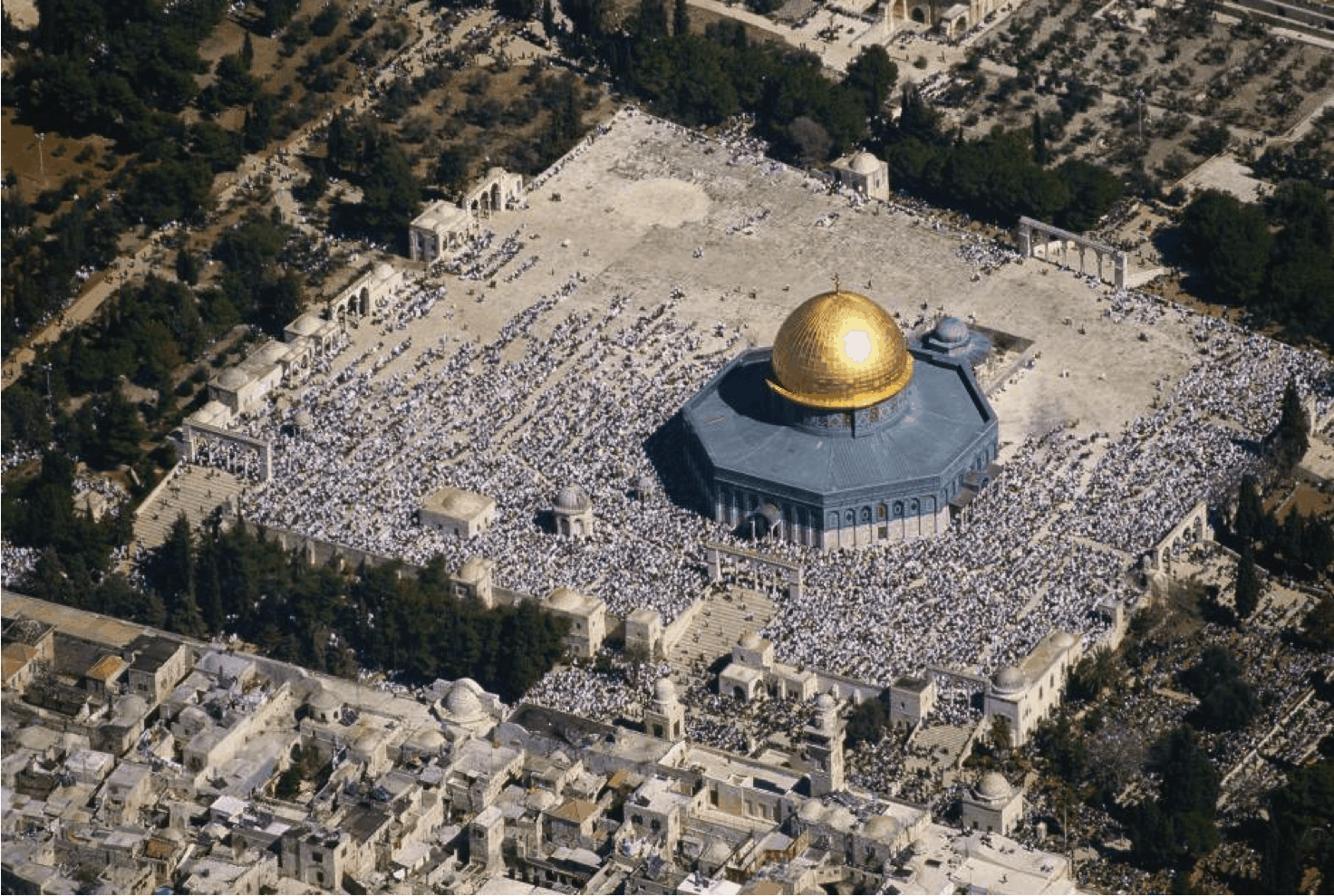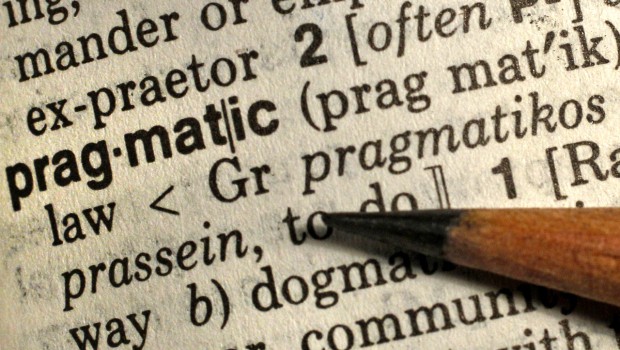Liberalism and its associated individualism are at the core of how society is fashioned today. In this article, we briefly examine liberal individualism and how a similar notion of the individual affects contemporary Muslim discourses on da’wah and its implications on our activism for social change.
On my way to work, from the train station, I used to see this large, rotating billboard advertising the Australian Sex Party, which read, “Alcohol does not cause violence. Blame and punish the individual.”
I thought the statement was quite interesting. Quite clearly, it says that the individual is at fault, and to be taken to task for committing acts of violence. But is it only the individual who is to blame? Not the alcohol? Not the pubs, bars and nightclubs? Not the alcohol industry? Not the wider drinking culture? Not a movie and music industry glorifying violence and debauchery? Not any of the social factors that shape and influence our behaviour and attitudes?
To be sure, the individual is to blame. However, this kind of view of the individual brushes under the carpet much graver, much bigger, and honestly much clearer social problems by focusing exclusively on the individual.
But such a view of an absolutely autonomous individual is central to liberal thought.
Individualism is a particular view of the human, which forms the cornerstone of liberalism. It imagines the universal human being as a freely choosing, rational, autonomous agent unconstrained by society. Such view can be found in the works of thinkers of the Enlightenment period, such as, the pre-social individual in a “state of nature”, or the universal Cartesian “I”.
The social-embeddedness of humans is largely overlooked, while a pre-social, ahistorical and apolitical individual, endowed with some “inalienable natural rights”, is positioned at the centre of political thinking.
But is such a conception of the human being philosophically sound? Quite aside from the Islamic viewpoint on the matter, and as a criticism of such a notion of the human, several key thinkers have pointed out that humans, to a large extent, are shaped by society, and their rights and freedoms do not exist in a vacuum, but are only realised within social contexts. Therefore, the notion of a pre-social individual has no basis in reality and any theorising based on it is fundamentally flawed.
For instance, in his criticism of liberal society, Marx points out some fundamental contradictions in the secular state in his essay On the “Jewish Question”, which necessarily arise as a result of liberalism’s theoretical abstraction of the human from their material conditions of existence. The essay is complex and I would just like to briefly touch upon, what I think is, one of his primary points.
The secular state essentially divides its subject into two contradictory halves: the “citizen” and the “private” individual.
The citizen becomes the political subject of the secular state by being emptied of his/her social identity thereby allowing people of different religious backgrounds to participate in the “public sphere” as “equal” citizens. Whereas, on the other hand, there is the “civil society” – the private sphere (e.g. the free market, family, church etc.) – where the individual retains his/her social character. The irony is that in the “public” sphere, man exists as an abstracted individual (the “citizen”), but in the “private” sphere, man exists as a social being (e.g. the Jew, the Bourgeois etc.).
For Marx, such arbitrary splitting of the individual into “public” and “private” selves allows for inequalities to perpetuate in the private sphere. For example, at least in principle, the liberal state is not meant to intervene to fix the inequalities in wealth distribution created by the “free market”. Rather, the “invisible hand” of the free market is left to ensure the most efficient use of society’s “scarce” resources. Poverty and economic hardship faced by certain sections of the community can safely be blamed on individual failures, such as laziness, lack of initiative, criminal behaviour, substance abuse etc. while ignoring the structural inequalities that privilege certain sections of the community and disadvantage others.
There are many critiques of the liberal conception of the individual that can be cited but I think the brief points mentioned above provide the background for us to discuss how adopting a notion of the human similar to liberal individualism can hinder our activism for social change as Muslims.
Muslims who are concerned about the situation of the Muslim world often discuss the root causes of our problems and, consequently, also offer solutions to them. Da’wah organisations and movements especially, and the shuyookh who lead them, often preach to the community what we should be focusing on in these difficult times. The most commonly heard causes of our problems are “wrong ‘aqeedah”, “lack of adab”, “lack of knowledge”, “weak spirituality”, “neglect of ritual worship” etc. These and other factors of individual shortcomings are often listed as the core problems affecting the Muslim community locally and abroad. Hence, as an Ummah, it would seem our most urgent priority is to reform ourselves as individuals.
The individual – the most important unit of analysis or a spoke in a bigger wheel?
Unfortunately, these are also used in a leaping way to explain the causes of our political problems, such as wars, occupations, corruption, dictators, poverty, disunity etc. As a result, many of these organisations and prominent da’ees and shuyookh, fail to come up with a practical project for change.
While the problems cited above are genuine and must be addressed individually and collectively, what we must not ignore is the fact that society has an overwhelming influence on the thoughts and behaviours of individuals. Any society is based upon and promotes certain values and norms. These are reproduced and reinforced in everyday life by way of public opinion, media, economy, culture, law, politics and so on.
Individuals exist within this milieu of social forces that inevitably has a significant bearing on how they view the world and themselves and, consequently, how they behave. The shortcomings in the Muslims’ knowledge and practice of their deen are not by accident. Often, we find that they are only re-enacting dominant patterns of behavior normalised and facilitated in society.
Is it really surprising that our practice of Islam is not perfect given all the avenues of haram that are not only made available and legalised but even encouraged in many instances? Is it really surprising that our knowledge of Islam is almost non-existent given that Islam has been dislodged as the basis of the education system even in many Muslim countries and that the Islamic sciences have been made largely irrelevant to addressing the day-to-day concerns of our lives?
When these individualistic issues are pointed out repeatedly, it almost sounds like Muslims are expected to overcome these structural barriers between them and their Islam by merely an act of unfettered, free choice! Therefore, merely highlighting the flaws in an individual, as if they exist in a vacuum, without also having a critical discussion of their social context is a superficial reading of the problem, and any solution based on it is inevitably going to be flawed.
Furthermore, how do the individual shortcomings of a Muslim explain the economic, social and political problems faced by Muslims globally? What connection is there between a sister not wearing hijab and the millions living in poverty? What connection is there between a brother drinking alcohol and the occupation of Palestine? Sometimes a metaphysical link is drawn between the sinfulness of a community and the punishment of Allah, which is a valid concept.
However, its application in this instance is utterly flawed. Discussing this in detail is not my intent in this article, but, very briefly, it can be said that a lot of those who suffer due to wars, occupations, poverty, dictatorship etc. are pious Muslims.
Moreover, regardless of that metaphysical argument, Islam still requires us to be politically aware and study the real-world material conditions that lead to the sufferings of millions, Muslims and non-Muslims. We are obliged to do whatever we materially can to alleviate the suffering of the oppressed regardless of whether they are “practising” Muslims or not, or in fact, whether they are even Muslims or not!
But, in order to do so, we must at least acknowledge that all these problems cannot be explained away by drawing some far-fetched link between our current conditions and the sins committed by individuals, while ignoring the geopolitical factors that perpetuate these problems. After all, the qadr of Allah (swt) is the qadr of Allah, but are Muslims really asked to ignore obvious realities that lay before them?
Any work for social change, therefore, should be based on a thorough study of society with our sacred texts. For example, what constitutes society? What is the relation between society and individuals? What are the historical processes that have led to the formation of societies as we see them today? I have not discussed any of these questions in this post but merely highlighted how an atomistic focus on individuals ignoring their social context can result in a problematic activism.
I would like to conclude by mentioning an interview by a very prominent shaykh in the West where he said that one possible reading of the Qur’an was about the struggle of the individual against the collective. I may have misunderstood his point because he made this comment only briefly in passing. However, taking it at face value, it once again highlights a reading of Islam grounded in an abstract individualism. It makes it sound like Islamic thought puts the pre-social individual with all his/her freedom at its centre as opposed to society as a whole. But can we not read the Qur’anic accounts of the prophets’ da’wah as an effort to mould a collective, a society, based on Islamic principles that eliminates injustices and lays down the necessary conditions for the formation of ethical individuals driven and nurtured by God-consciousness?
Shafiul Huq is a Melbourne-based activist. He is also a student of Classical Arabic and Cultural Studies.
![]()














